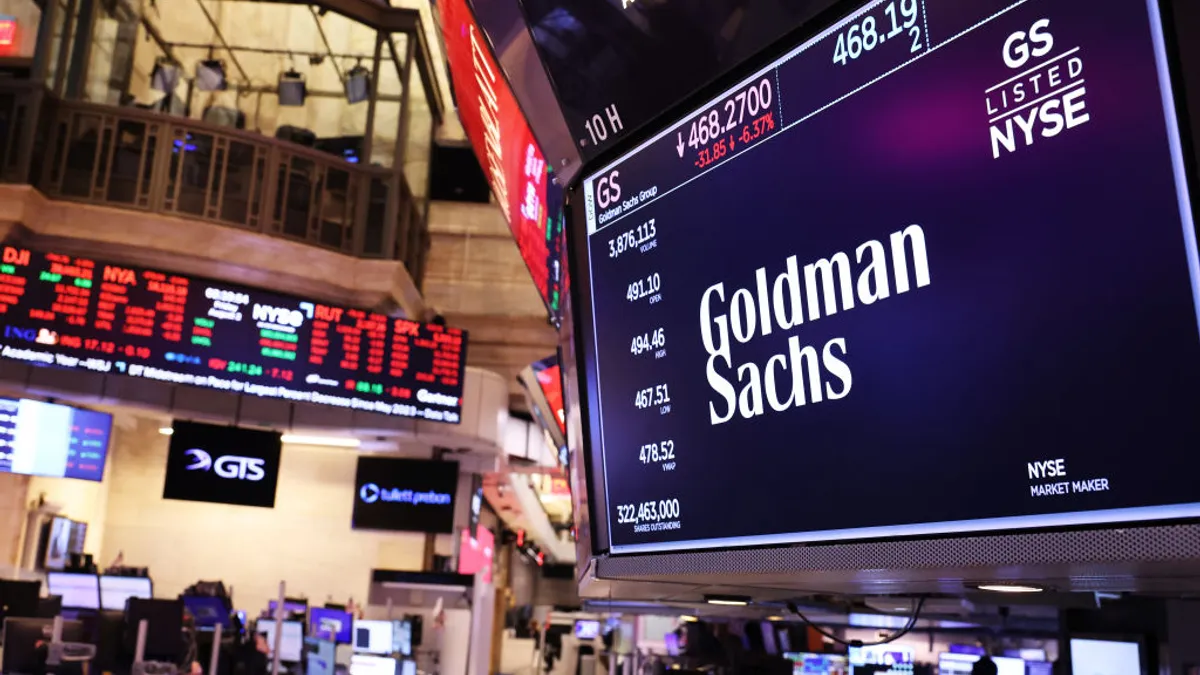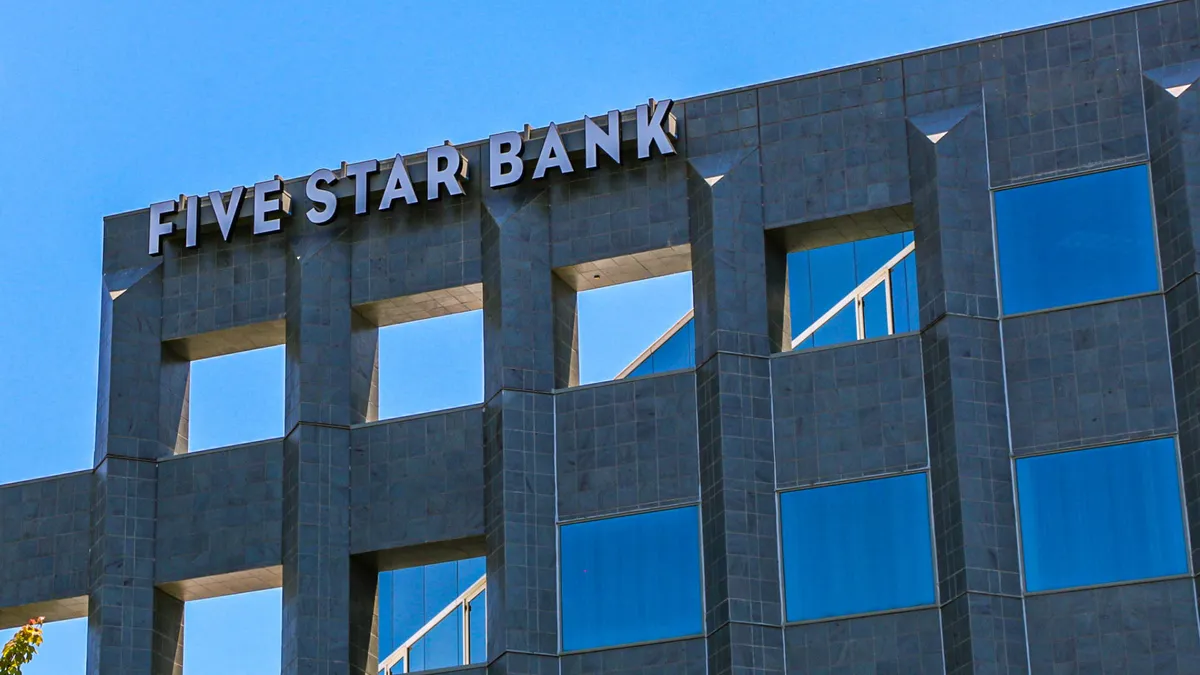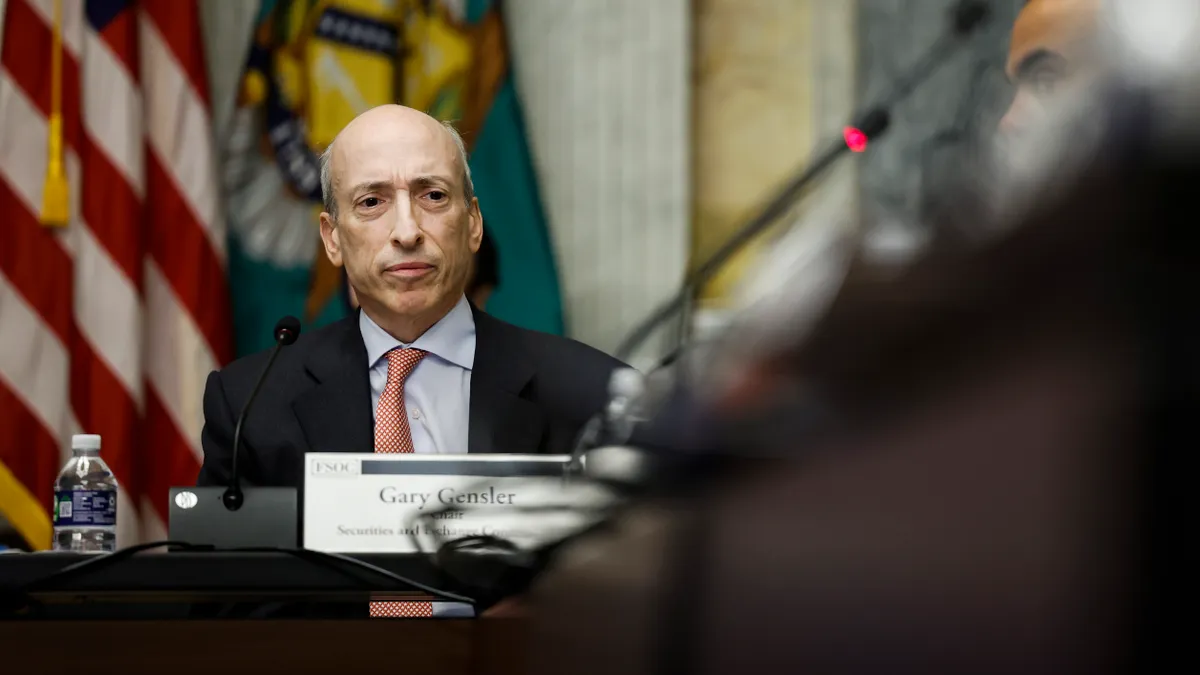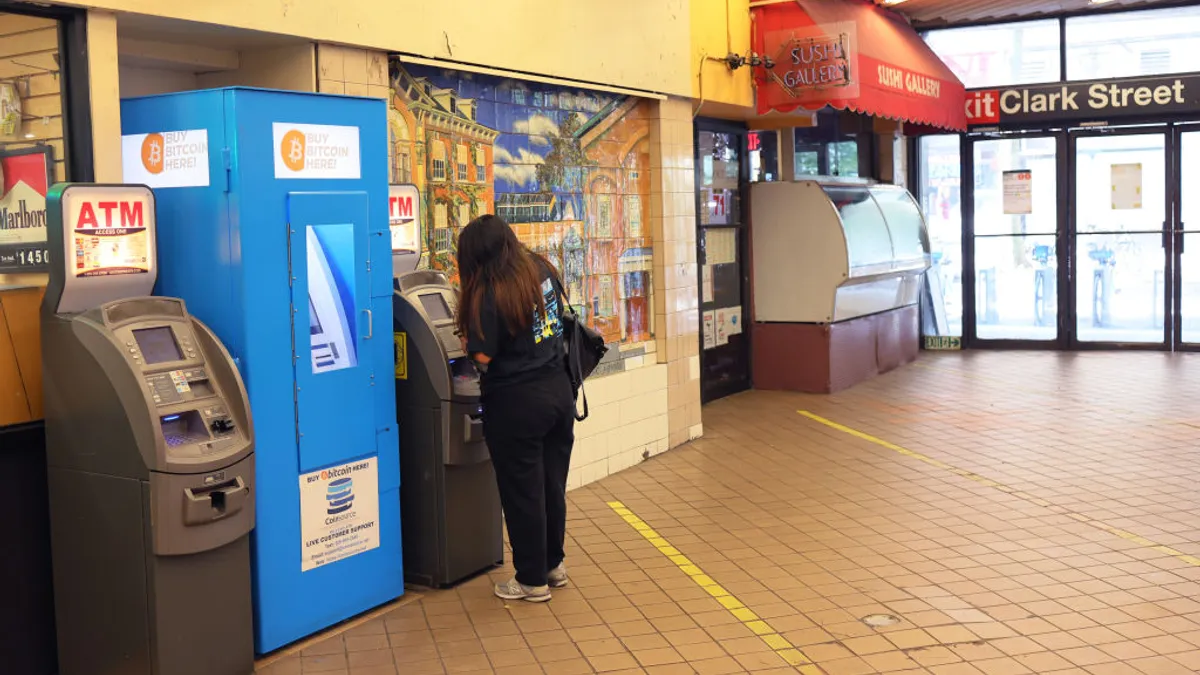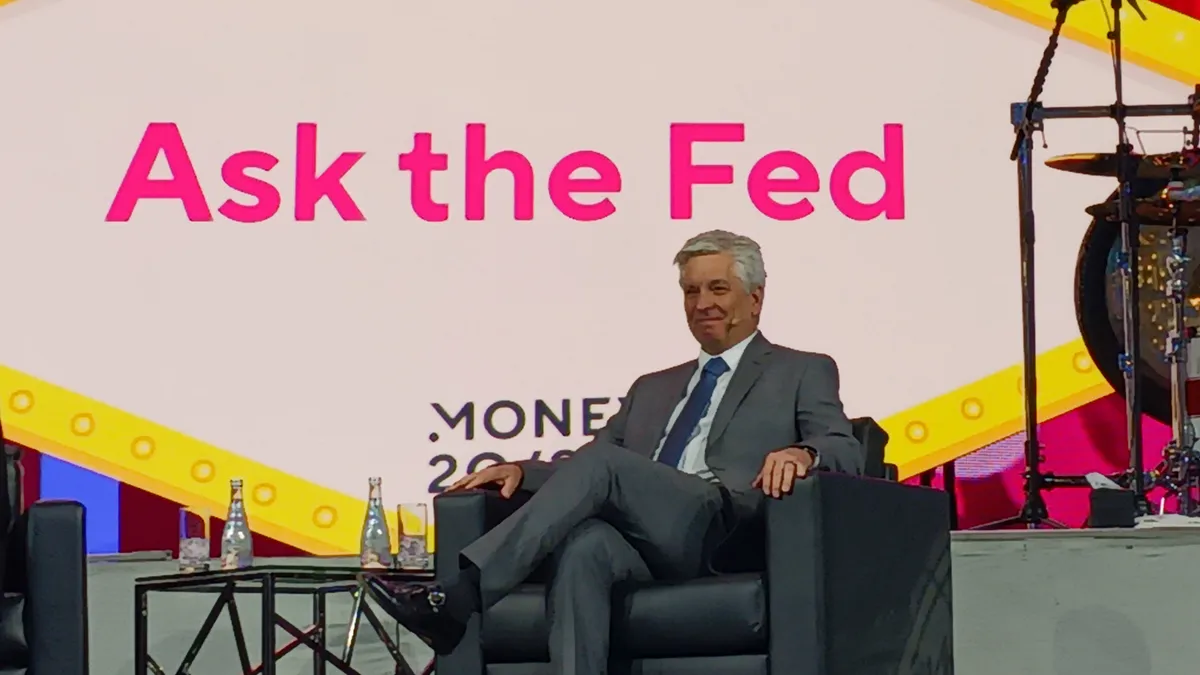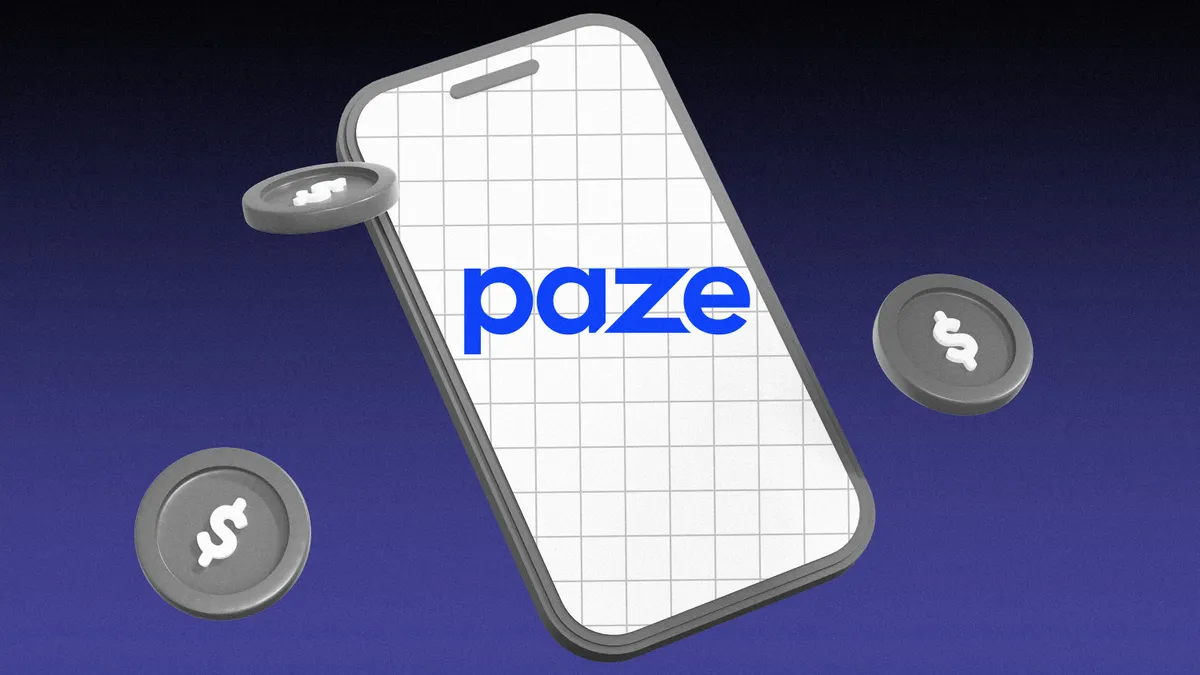Goldman Sachs and Apple must pay $89.8 million to the Consumer Financial Protection Bureau for failures associated with their Apple Card program, the watchdog announced Wednesday.
Thousands of consumer disputes of Apple Card transactions were never sent from Apple to Goldman, and the bank failed to properly investigate those the tech company did send, the CFPB asserted.
Apple and Goldman launched the card in August 2019 despite third-party warnings that the program’s disputes system was not ready because of known technological issues, the CFPB wrote.
Goldman’s board of directors learned of shortcomings with the disputes system four days before the card was to launch, the bureau said. However, the rollout went ahead as scheduled — at least in part because the agreement between Apple and Goldman allowed the tech firm to charge the bank $25 million for each 90-day delay to the product’s debut, the CFPB said.
Issues with the disputes process led consumers to face long waits to get their money back and, in some cases, incorrect negative information was added to some users’ credit reports, the bureau said.
Further, months after launch, Apple and Goldman introduced a monthly installment feature, which allowed users to finance their new Apple purchases, interest-free. But the firms misled cardholders about the interest-free payment plan by not automatically enrolling them and then charging them interest, the CFPB said.
In some cases, the interest-free option only appeared when online consumers bought products using Apple’s web browser, the bureau said.
“We found that if consumers were not using the Safari browser or were using a Safari browser in privacy mode, the option did not come up at checkout,” Eric Halperin, the CFPB’s enforcement director, told reporters on a call Wednesday discussing the penalties.
Goldman must pay at least $19.8 million in redress and a $45 million civil money penalty, and Apple must pay a $25 million civil money penalty, according to the CFPB order. Goldman is also restricted from launching another credit card “unless it can provide a credible plan that the product will actually comply with the law,” the watchdog said.
“Apple and Goldman Sachs illegally sidestepped their legal obligations for Apple Card borrowers. Big Tech companies and big Wall Street firms should not behave as if they are exempt from federal law,” CFPB Director Rohit Chopra said in a prepared statement. “The CFPB is banning Goldman Sachs from offering a new consumer credit card unless it can demonstrate that it can actually follow the law.”
Under the CFPB order, Goldman must submit a compliance plan to the bureau 90 days ahead of issuing a new credit card. Apple, too, must submit a compliance plan as it continues to offer credit card-related services.
Apple Card “is one of the most consumer-friendly credit cards that has ever been offered,” a Goldman spokesperson said Wednesday, adding that the bank and Apple “worked diligently to address certain technological and operational challenges that we experienced after launch and have already handled them with impacted customers.”
An Apple spokesperson said in an email that the firm “strongly disagrees[s] with the CFPB’s characterization of Apple’s conduct.”
“Upon learning about these inadvertent issues years ago, Apple worked closely with Goldman Sachs to quickly address them and help impacted customers,” the spokesperson said, adding that they “look forward to continuing to deliver a great experience for our Apple Card customers.”
Goldman disclosed as early as 2022 that the CFPB was investigating the bank’s credit card account management practices, including how it resolves billing errors and processes refunds.
Apple and Goldman each reportedly sought to end the Apple Card partnership last year. Goldman’s partnership on its other major credit card — with automaker GM — will end next year, when Barclays takes over the contract.
“The execution [of the Apple Card program] was a mess,” Chopra said on Wednesday’s call.



